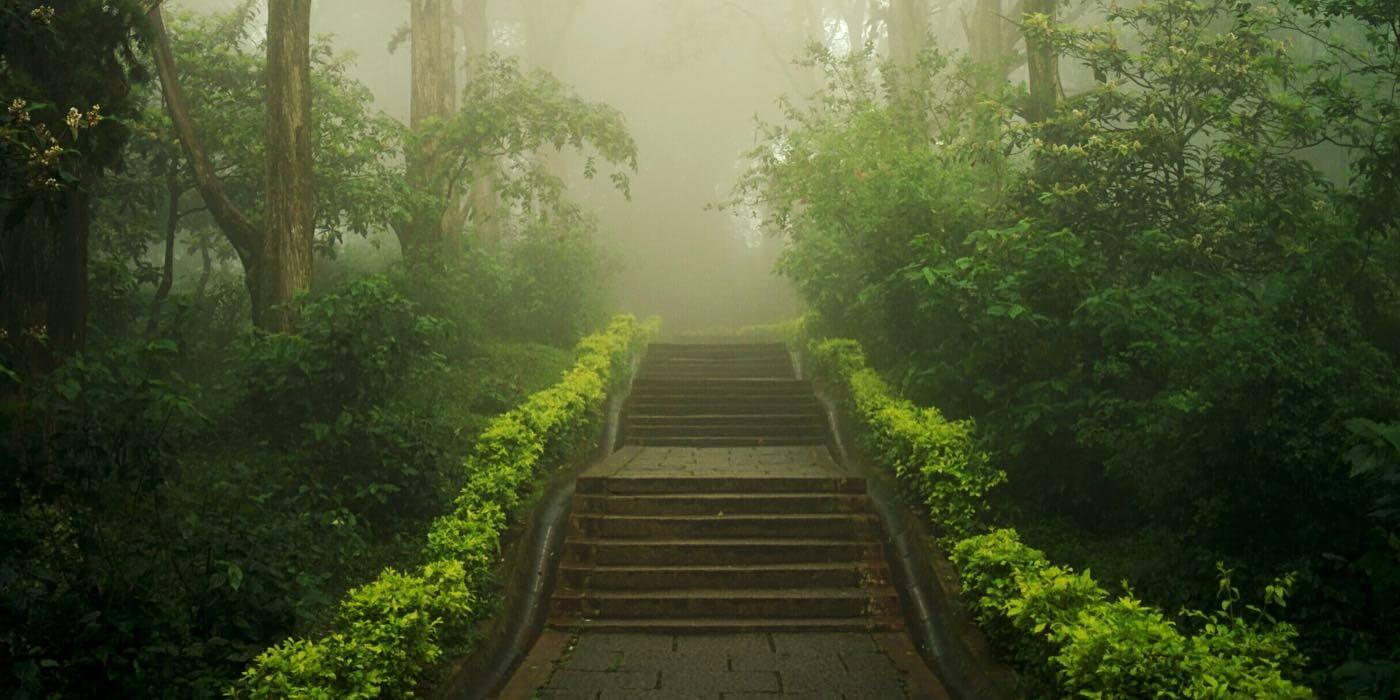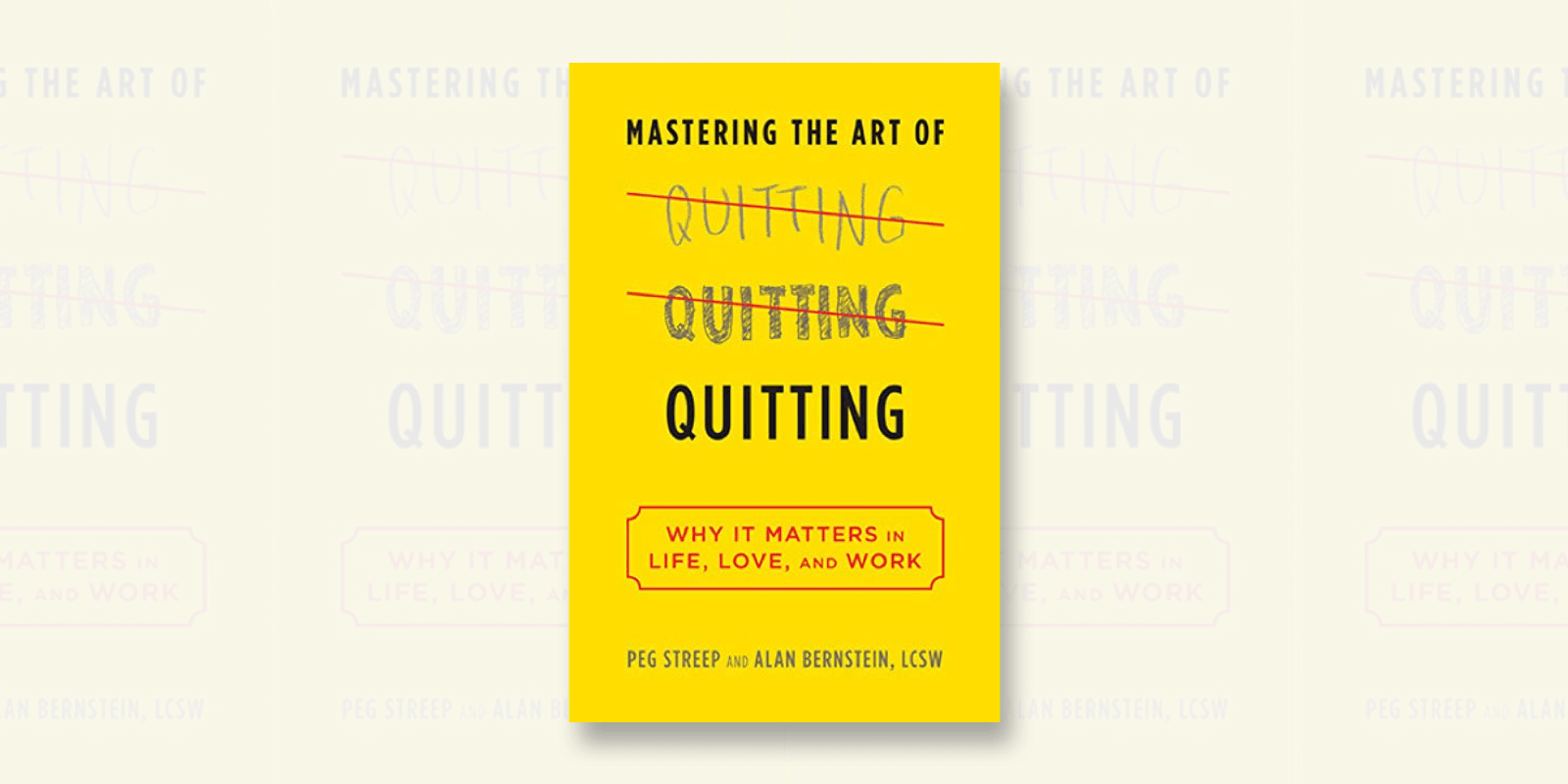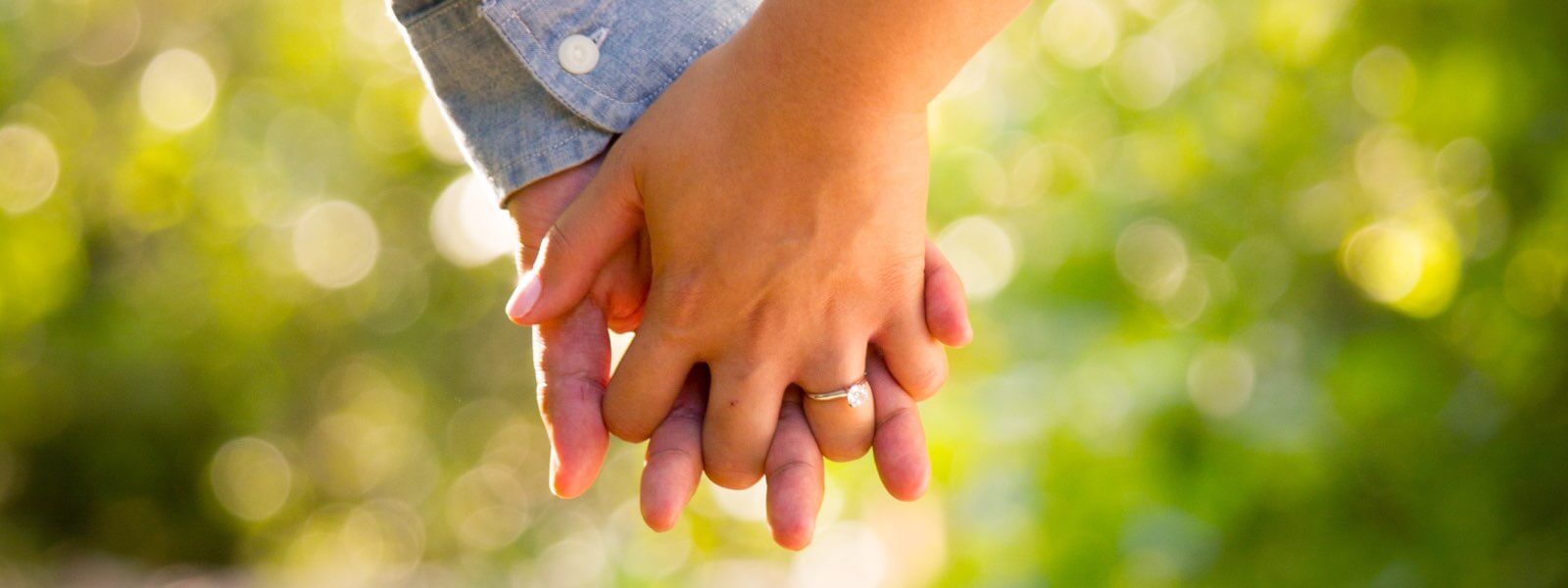The Tao Te Ching (pronounced Dow Deh Jing) is a classic Chinese guide to living well. Composed over 2,500 years ago by Lao-tzu, it just might offer more insight pound-for-pound about the human condition than almost any other text we have.
Similar in tone to Marcus Aurelius’s Meditations or Epictetus’ The Art of Living, The Tao Te Ching will force you to reflect on some of the most profound questions about the nature of reality and what it really means to achieve a life well-lived.
One of the strongest themes throughout the book is the concept of self-mastery: That to truly understand ourselves, the world, and our place in it, we must learn to master ourselves. And that, contrary to our more western sensibilities, understanding comes from action just as often as the reverse.
What follows are 10 quotes from the book on the theme of self-mastery along with a few of my own “notes to self.”
Master your stories, but don’t let them master you.
The Master acts without doing and teaches without saying…
She has but does not possess, acts but does not expect.
When her work is done, she forgets it.
That is why it lasts forever.
One of our greatest gifts is the ability to tell stories—to weave narratives about how things happened in the past, what something means in the present, or imagine how things might be in the future.
But it can also be our downfall:
- The addict deluded by their story of how their addiction doesn’t hurt anyone except themselves
- The hyperaggressive boss who’s convinced himself that being tough on everyone maximizes productivity
- The chronic worrier who believes that if she were to stop worrying it would mean she didn’t really care
The ability to tell stories is a tool: master it—but don’t let it master you.
Chronic business is the death of productivity.
Fill your bowl to the brim and it will spill.
Keep sharpening your knife and it will blunt.
Do your work then step back; the only path to serenity.
We fill our lives with busyness because it makes us feel productive. And we avoid genuinely productive work because it doesn’t feel enjoyable.
Learn to work despite your feelings and you’ll find yourself both happier and more productive.
Embrace the rugged.
The Master views the parts with compassion because he understands the whole.
His constant practice is humility.
He doesn’t glitter like a jewel but lets himself be shaped by the Tao,
As rugged as a common stone.
Perfection is for amateurs.
In your imperfection is your potential.
If you want to become whole, let yourself be partial.
If you want to become straight, let yourself be crooked.
If you want to become full, let yourself be empty.
If you want to be reborn, let yourself die.
In constraint, creativity.
In vulnerability, strength.
In humility, power.
There’s power in letting go.
True mastery can be gained by letting things go their own way.
It can’t be gained by interfering.
Most of us are raised under the deception that hard work conquers all difficulties. But just because hard work solves some problem doesn’t mean it will solve all your problems.
Hard work and perseverance should be one gear among many. And while often useful, there are certain situations when the ability to let go and be a little lazy is what moves you forward:
- You can’t work hard to fall asleep. You have to let sleep happen.
- You can’t push harder to convince someone of something they don’t want to believe; they’ll only dig their heels in further. You need to validate their beliefs while sowing the seeds of doubt.
- You can’t work hard to tell your reader why your villain is evil. You have to show them.
The master craftsman uses the right tool for the right job. She doesn’t insist on trying to build an entire house with only a hammer.
So why are you going through life with hard work as your only tool?
Be skeptical of your own thoughts.
The mark of a moderate man is freedom from his own ideas.
There’s nothing special about ideas: some may be brilliant, some may be true, some may be helpful. But most of them are lame, incorrect, and unhelpful.
Learn to see your thoughts for what they are—just thoughts—and judge them accordingly.
Loss is inevitable. Face it with courage.
If you open yourself to loss, you are at one with loss and you can accept it completely.
Stop living in denial.
You waste so much of your time, energy, and potential with your elaborate illusions of control and certainty and the false relief they provide.
But you know, deep down, it’s a sham. Loss and death are inevitable. Chaos and uncertainty are an intrinsic feature of reality.
Have the courage to accept that life is short, people die, and even the best of plans fail.
When you stop trying to hide from loss, you can get on with truly living.
Your constant need for control will be your downfall.
The Master sees things as they are, without trying to control them.
She lets them go their own way, and resides at the center of the circle.
Your greatest weakness is your unwillingness to tolerate helplessness.
When you construct a life designed to avoid feeling helpless, your world shrinks to a pitifully narrow corridor.
And what kind of a life is that?
- Safe… Probably not as much as you think.
- Comfortable… Sure, comfortably numb.
- Predictable… Maybe, but how much fun is a completely predictable life?
If you’re living a full life, you’re bound to run into hard edges—situations that far exceed your meager ability to control and influence.
This is a good thing. It means you’re living and growing and expanding.
Feeling helpless and out of control feels bad but that doesn’t mean it is bad.
Self-awareness is power.
Knowing others is intelligence; knowing yourself is wisdom.
Mastering others is strength; mastering yourself is power.
What are the consistent habits and routines you could build into your life that would promote self-awareness?
Why aren’t you building them? Which other habits do you think are more important?
You’ll never know your potential if you’re afraid to be alone.
Ordinary men hate solitude.
But the Master makes use of it, embracing his aloneness.
Deep down, people are afraid to be alone because they’re afraid of their own minds:
- They’re terrified of “bad” thoughts.
- They’re worried about scary feelings.
- They dread painful memories.
- They’re ashamed of illicit desires.
Yes, the mind can be a scary place. But so can Disneyland.
Scary doesn’t always mean dangerous.
Prove that to yourself and you’ll unlock layers of potential you would never have imagined.
All You Need to Know
The way of self-mastery is challenging but the rewards are countless.
- Master your stories, but don’t let them master you.
- Busyness is the death of productivity.
- Embrace the rugged.
- In your imperfection is your strength.
- There’s power in letting go.
- Be skeptical of your own thoughts.
- Loss is inevitable. Face it with courage.
- Your constant need for control will be your downfall.
- Self-awareness is power.
- You’ll never know your potential if you’re afraid to be alone.





18 Comments
Add YoursAwesome!!! Happy New Year Nick. I also want to use this opportunity to thank you. We touch base a little while back and you encouraged me to write on Medium. That is what I feel is my purpose these days and I am loving this new experience. Best wishes.
You’re very welcome, Ruksana! Glad the writing is going well 🙂
Thank you so much Nick for this.
You’re welcome, Silas!
In the entanglements of linear world we often narrow our lens to finite things there hallowing out the essence of personal experience and spiritual growth. These tools reaffirm my insatiable quest for betterment.
????
Love this! The right mentality to welcome 2021! Thanks for sharing.
You bet, Andrew!
Greatly appreciate everything Nick has written and shared. The wisdom reasonates with me deeply. Thank you and please keep inspiring.
You’re very welcome, Maya 🙂
You and Emma McAdam are my go to wisdom places on the Internet. I tell all my friends to start watching and hearing your pearls of wisdom – distilled into layperson terms. I like how you turned this ancient Chinese text to refer to the current female population, as I am sure when it was written, women were not equals in society, but are now in most countries. Thank you for your insights and inspiration!
Hey Sue,
Yes, Emma McAdam is great!
Re: the “she’s” in the text, I just followed the lead of the translator who, I think, alternates masculine and feminine pronouns 🙂
This philosophy is more prevalent in most of the world comparred to the US. In the places in Europe and Asia (and even Australia) where I’ve spent a lot of time, the people seem much more at peace. It makes me feel much more relaxed just to be there. “The enemy of good is perfect.” – Voltaire
Thanks Phillip. Love that quote!
Excellent article. Several points resonated with me, especially the constant need for control which is very familiar and the opportunity to stretch my comfort zone into new areas.
Thank you for writing it
Indeed, there are many wisdoms from Tao Te Ching. These are just a glimpse, thank you for sharing and explaining in your own notes!
Ιτ is time to have a closer look to chan-zen way.I would be interested to see how you approach the Way
Thankyou for reminding me of something I read a long long time ago. One tends to forget even important learning, as we age.